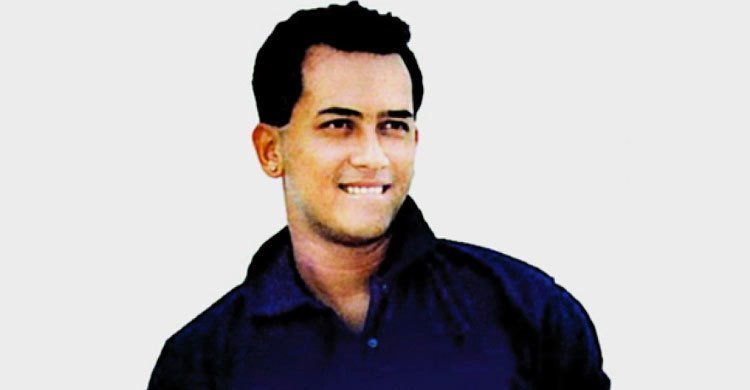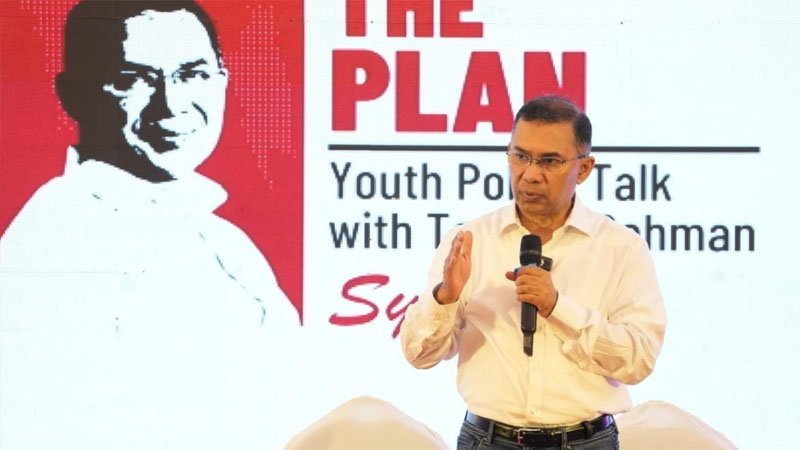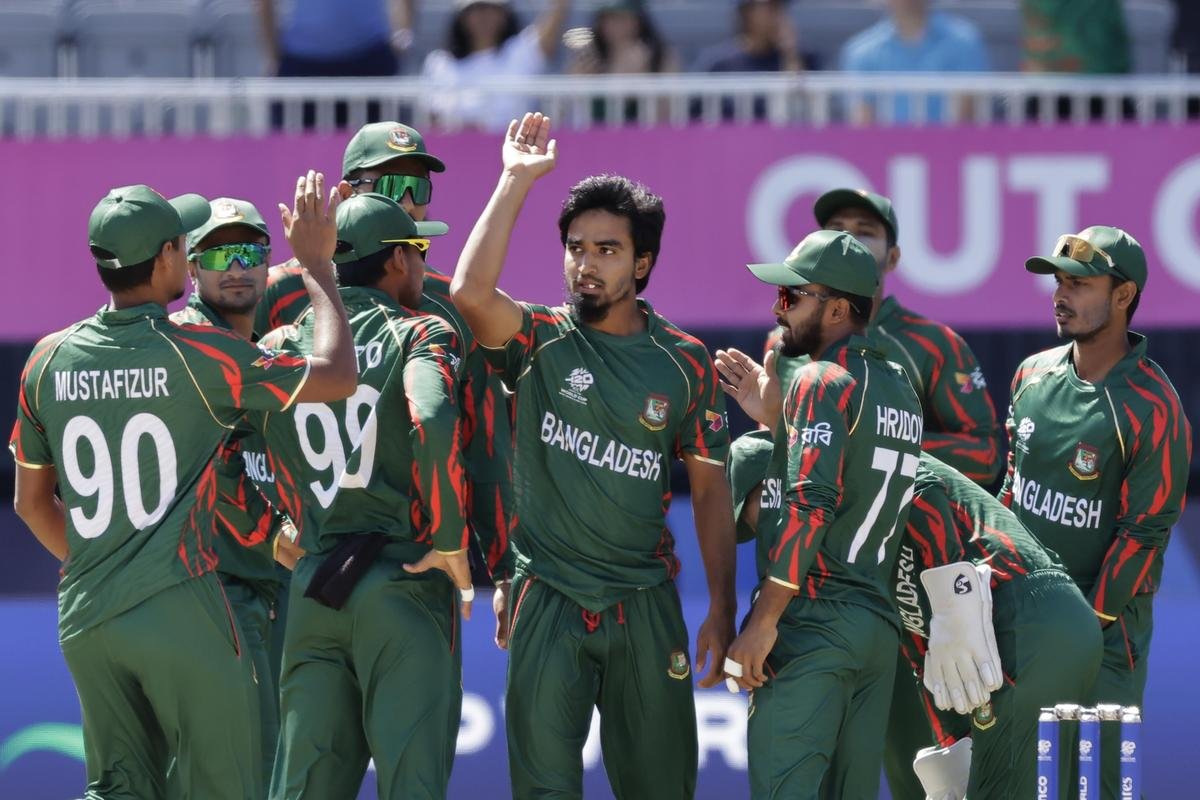Salman Shah: The Starboy of Bangladeshi Cinema

Salman Shah: The Eternal Star of Bangladeshi Cinema
In the history of the Bangladesh cinema industry, few names evoke as much emotion, admiration, and intrigue as Salman Shah. Despite a career that lasted only four short years, he rose from a television model to become the brightest star of Dhallywood in the 1990s, leaving behind a legacy that remains unmatched. However, his rapid ascent was overshadowed by a tragic and unresolved end that continues to haunt fans, filmmakers, and the industry alike. This article explores Salman Shah’s life, his contributions to Bangladeshi cinema, and the enduring fascination surrounding his death.
Early Life & Entry into Showbiz
Born on 19 September 1971 in Dariapara, Sylhet, Salman Shah’s birth name was Chowdhury Mohammad Shahriar Emon. From the outset, his challenge was clear: to carve a niche in a film industry that celebrated heroes with larger-than-life personas. He made his first appearance in front of cameras as a model and then moved into television dramas such as Akash Chhoya, Doyel, and Swapner Prithibi.
His breakthrough on the big screen came with the film Keyamat Theke Keyamat (1993), a remake of the Indian classic Qayamat Se Qayamat Tak. With his boy-ish charm, emotive acting, and fashion-forward persona, Salman became the voice of a new generation—bold yet vulnerable, romantic yet edgy.
A Legendary Career in Four Years
Between 1993 and 1996, Salman Shah starred in over 25 films, many of which became box-office hits, redefining what it meant to be a film hero in Bangladesh. His on-screen chemistry with actresses such as Shabnur and Moushumi became legendary. Films like Denmohor, Tomake Chai, Shopner Thikana and Sotter Mrittu Nei added to his star power and built his cult following.
Salman didn’t just act—he introduced a fashion statement: spiky hair-do, flamboyant jackets, and modern styling that resonated with the youth. For many, he wasn’t just an actor; he was an icon. His nickname in the media: “Amar Mahanayak” (The Immortal Hero).
A Tragic & Mysterious End
On 6 September 1996, just shy of his 25th birthday, Salman Shah was found dead in his flat in Eskaton, Dhaka. His death jolted the nation and the film industry into silence. Official investigations by the CID, later by the PBI, repeatedly concluded suicide or “untimely death.” Yet his family, fans and the broader industry have long rejected those findings, alleging foul play, cover-ups and unanswered questions.
In a major development, on 20–21 October 2025, a Dhaka court ordered the filing of a murder case—29 years after his death—naming his wife Samira Haque and ten others as suspects. The court directed the Ramna Model Police Station to investigate and submit a report by December. This renewed legal saga has once again placed Salman’s death in the spotlight, reigniting public interest and hope for closure.
Legacy & Cultural Impact
Salman Shah’s influence extends far beyond box-office numbers. His style, acting technique and persona shifted the tone of Bangladeshi cinema. Many current leading actors—such as Shakib Khan—have cited Salman as an inspiration. His effortless blend of emotion, romance and charisma made him a symbol of youth and modernity.
Even today, on anniversaries of his birth or death, his films are re-aired, fans gather at his tomb near Shah Jalal’s grave in Sylhet, and new documentaries explore his life and career. His short career has become immortal.
What Went Wrong?
Years of speculation have raised several questions:
-
Was it suicide or murder? His family’s persistent belief in a conspiracy keeps the debate alive.
-
Why did the investigations fail to produce a definitive result for decades?
-
How did a young star, at the peak of his fame, fall so swiftly and silently?
The October 2025 court order signals that the story may not yet be over.
Why Salman Is Still Alive in Everyone’s Heart
Salman Shah continues to live on in the hearts of millions because he represented a turning point in Bangladeshi cinema and culture. He successfully bridged the gap between the older, melodrama-style Dhallywood and a newer, youth-driven, fashion-conscious era, redefining what it meant to be a film hero.
Beyond his acting, Salman became a true pop-culture icon—his hairstyle, outfits, and screen presence inspired thousands to imitate the “Salman look,” turning him into a national trendsetter.
His untimely death at just 25 cemented his status as a symbol of unfulfilled potential; the sense of “what could have been” continues to amplify his legend. For an entire generation, Salman Shah embodied hope, romance, and a modern Bangladeshi identity—making him not just a memory of the past but an everlasting part of the country’s cultural soul.
Reflection & Relevance Today
On 19 September 2025, what would have been Salman’s 54th birthday, the film industry paused to pay tribute. But this year, the reflection carried an extra weight: the legal developments around his death. His story remains a reminder that stardom can be fleeting, that the film industry must protect its talents, and that fans long for honesty and accountability.
For Bangladesh’s cinema lovers, Salman Shah remains not just a star of films, but a star of memory—shining on screens, in hearts, and in unresolved questions.






